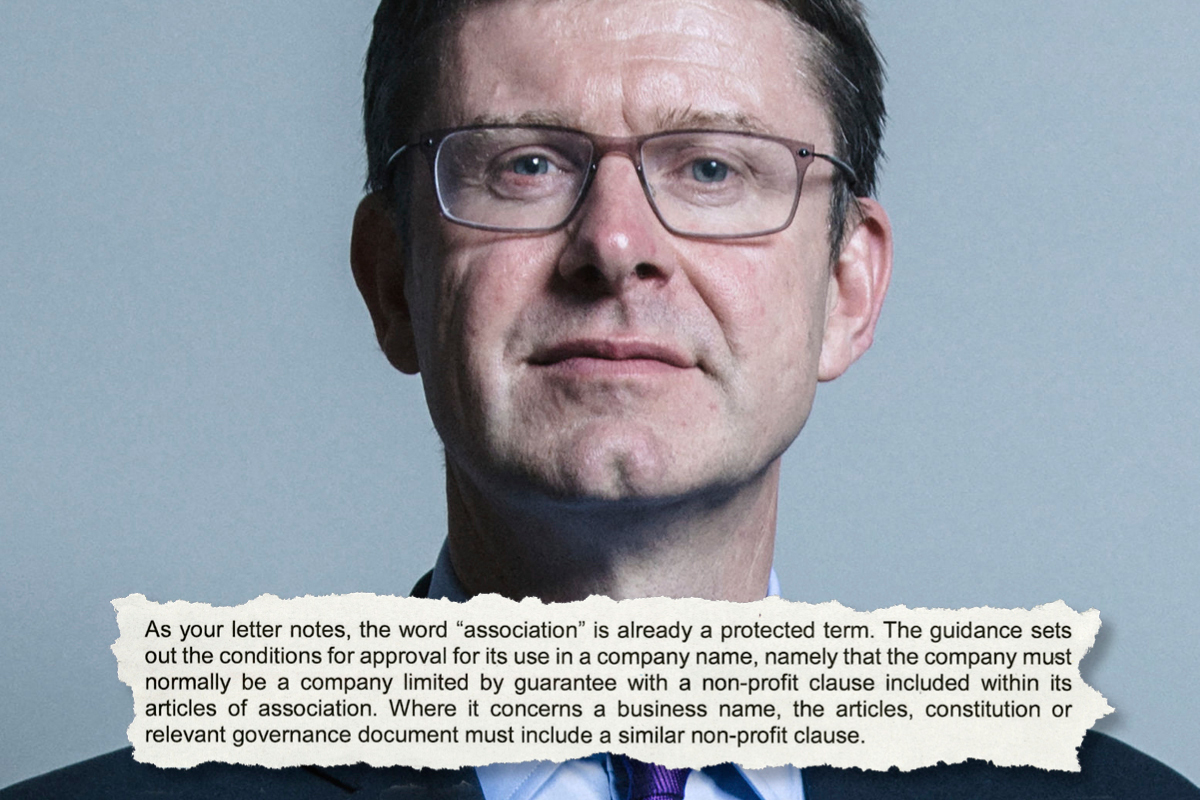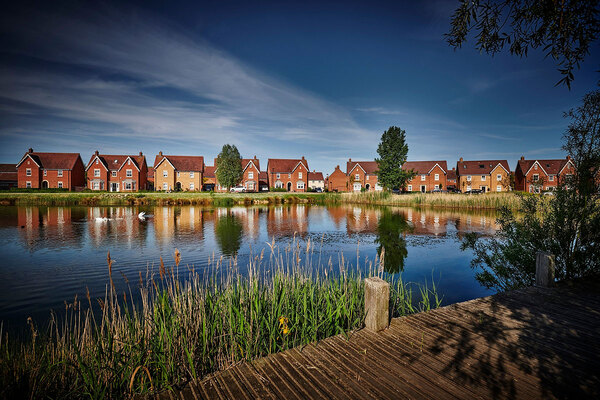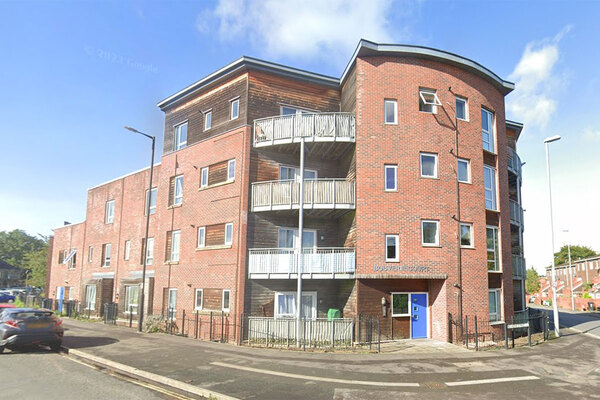You are viewing 1 of your 1 free articles
New kids on the block: why for-profit providers are making housing associations nervous
As the argument about what place for-profit housing associations have in the wider industry rumbles on, traditional providers are beginning to wonder what the new kids on the block will do next. Rhiannon Curry investigates.
When is a housing association not a housing association?
That is the question that is exercising the National Housing Federation (NHF) – so much so that it has called in the government to adjudicate.
The row centres on some new kids on the block – who have entered the playground of the housing association world this year and are making the current occupants decidedly nervous.
These new players resemble some very big kids indeed: the world’s largest property fund, the UK’s largest institutional investor, one of the largest property development companies in the UK.
All of these organisations have entered the housing association world in the past 12 months – but with a difference.
They are in it for profit.
This triggered a row, with the NHF insisting that the new players not use the moniker ’housing association’ – which, it said, should be reserved to not-for-profit companies.
Earlier this month the row reached governmental level when communities secretary Greg Clark stepped in, intervening to prevent this new wave from branding themselves as such.
Companies House had been wrong to allow Sage, which is majority owned by real estate giant Blackstone, to register its new social housing arm in this way, he said, agreeing with the NHF’s position.
Sage later dropped the housing association part of its name after the NHF threatened legal action, but Major Housing Association, which was the first for-profit provider, has refused to rebrand, saying it is doing nothing wrong.
So do for-profits pose a real threat to existing housing associations? At present there are few operating at scale – but what could the sector look like in years to come if their plans are allowed to go ahead?
The rise of for-profits has been in the pipeline for almost a decade.
In 2008, the then Labour government introduced legislation which paved the way for profit-making providers to enter the market.
"The rise of for-profits has been in the pipeline for almost a decade"
It was intended to attract new sources of funding into the industry as well as increasing competition by replicating conditions found in the private market. This, the government hoped, would ultimately increase the amount of affordable housing in the UK.
But it was in January, when Blackstone bought its stake in Sage, that the present period of rapid expansion began.
The entrance of large, established companies into the sector, including Legal & General, Grainger and British Land cemented the for-profit providers as the next big thing.
Jonathan Walters, deputy director of strategy and performance at the Regulator of Social Housing, says that the view on for-profits has been consistent. “We have to look at the legislation and that says that we have to register both for-profit and not-for-profit providers,” he says.
“If you register with us you’re a registered provider,” Mr Walters explains. “It’s not for us to decide whether you call yourself a housing association, which is the older term.”
Name changes aside, the concern about for-profit providers is two-fold: first, that they could take opportunities away from traditional social landlords by scooping up Section 106 agreements from councils. And second, they could risk the reputation of the sector by undermining some of its charitable values.
Rob Beiley, a partner at Trowers & Hamlins, says the shift in the market could be a turning point. “In my mind this has the potential to be the biggest change to the housing sector since the introduction of private finance in 1988,” he says. “This is housing’s disruptor moment.”
At present, for-profits seem to be primarily focused on building affordable homes linked to
Section 106 agreements, rather than developing standalone schemes.
“The big challenge is going to be for the mid-size housing associations that have traditionally grown their supply pipelines through Section 106 agreements,” Mr Beiley explains. While larger landlords benefit from ongoing agreement with councils, mid-size providers often rely on picking up work on a more ad-hoc basis. For-profits with large geographical coverage and deeper pockets could take work from these smaller firms, he warns.
“If [developers] have a one-stop shop with, for example, L&G or Sage then they will prefer that,” Mr Beiley explains.

Paul Hackett, chief executive of Optivo and chair of the G15, a group of London’s largest housing associations, agrees. “I worry that these organisations are taking away from a finite amount of Section 106 housing,” he says.
“They’re investing shareholders’ equity and they want a return. If those Section 106 homes are acquired by housing associations then the money gets recycled into more social housing.”
But Mr Beiley dismisses the argument about what these providers should be called as a non-issue. “The vast majority of for-profit providers are not interested in having the name at all,” he claims. “Look at the likes of (large, not-for-profit housing associations) L&Q or A2 Dominion – you would be hard-pressed to even find out that they were housing associations by their names.”
According to the 1985 Housing Associations Act, the definition of housing associations are “a society, body of trustees or company: which is established for the purpose of... providing, constructing, improving or managing... housing accommodation and... which does not trade for profit”.
Some argue that profit-making organisations threaten housing associations’ benevolent reputation with their plans to return profits to shareholders
It is this definition which the NHF says is being challenged.
“First and foremost, housing associations exist to fulfil a social mission,” insists David Orr, the NHF’s chief executive. "They reinvest any surplus they make to benefit their tenants, as well as people who need new affordable homes.
“A ‘for-profit housing association’ is an oxymoron, plain and simple.”
He accepts that for-profits could have a role in the wider housing market. “Newcomers that make a profit may bring something new to the table, but their core motive is still very different from that of a housing association,” he says.
Some argue that profit-making organisations threaten housing associations’ benevolent reputation with their plans to return profits to shareholders rather than plough them back into the business, potentially undermining public trust in the sector.
Sinéad Butters, chief executive of Aspire and chair of community housing association group Placeshapers, says: “The thing about housing associations is that they are social enterprises, which means they have to be not-for-profit.
“We’ve got to be really careful about the reputation of the sector,” she says. “The things [housing associations] do go beyond the housing itself – it is so much wider than that. But housing associations tend to do the most difficult things. What we don’t want is one part of the sector taking all the development that makes money, and leaving the rest of us with no money and all the problems.”
However, she believes that there is a place for for-profit providers in a sector that, despite its best efforts, is struggling to meet the demand for affordable homes.
“I think it would be interesting to see what collaboration we could do,” she says.
David Orr believes a 'for-profit housing association is an oxymoron
Collaboration is central to the vision Paul Munday, chief executive of for-profit provider Funding Affordable Homes, has for the company.
“We work with housing associations where perhaps they can deliver a couple of hundred homes a year, but have a couple of hundred more in the pipeline and we can fund them,” he explains. Funding Affordable Homes is a funding vehicle primarily, but has a registered provider arm attached to the business.
There are 44 for-profit housing associations registered with the regulator, but that is likely to increase if the existing providers prove their model is successful.
“In my view, if it’s ending up with more affordable housing coming on to the market then we should be looking at any way to achieve that,” Mr Munday adds.
Funding Affordable Homes initially registered as a not-for-profit provider, before switching to launch a for-profit fund which backs social housing development. “We probably wouldn’t be able to do that now,” Mr Munday admits.
For-profit providers seem to be here to stay. Although it is as yet unclear whether they can grow enough to make a real impact, unlike in previous years, they are now backed by big, ambitious companies which certainly intend to do something of significance in the sector.
What this will mean for the existing players we will see in the years to come. But for now the sector is looking on with more than a little trepidation. The big kids have found their playground. They can only hope that they play nice.
Tech Leaders 2018
We unveil Tech Leaders 2018 - a list of the tech innovators digitally transforming their organisations:
Sponsored by Hitachi Solutions














